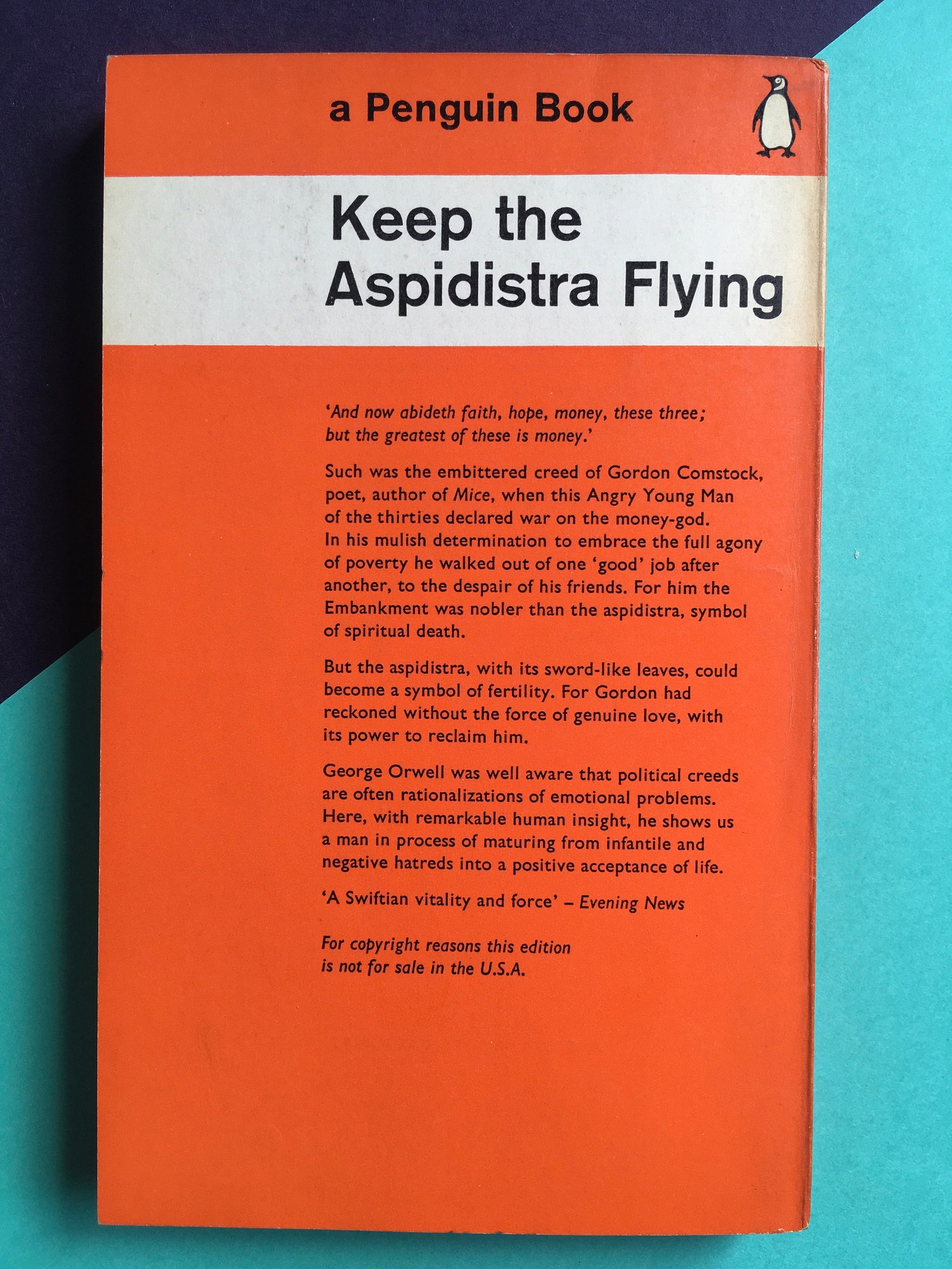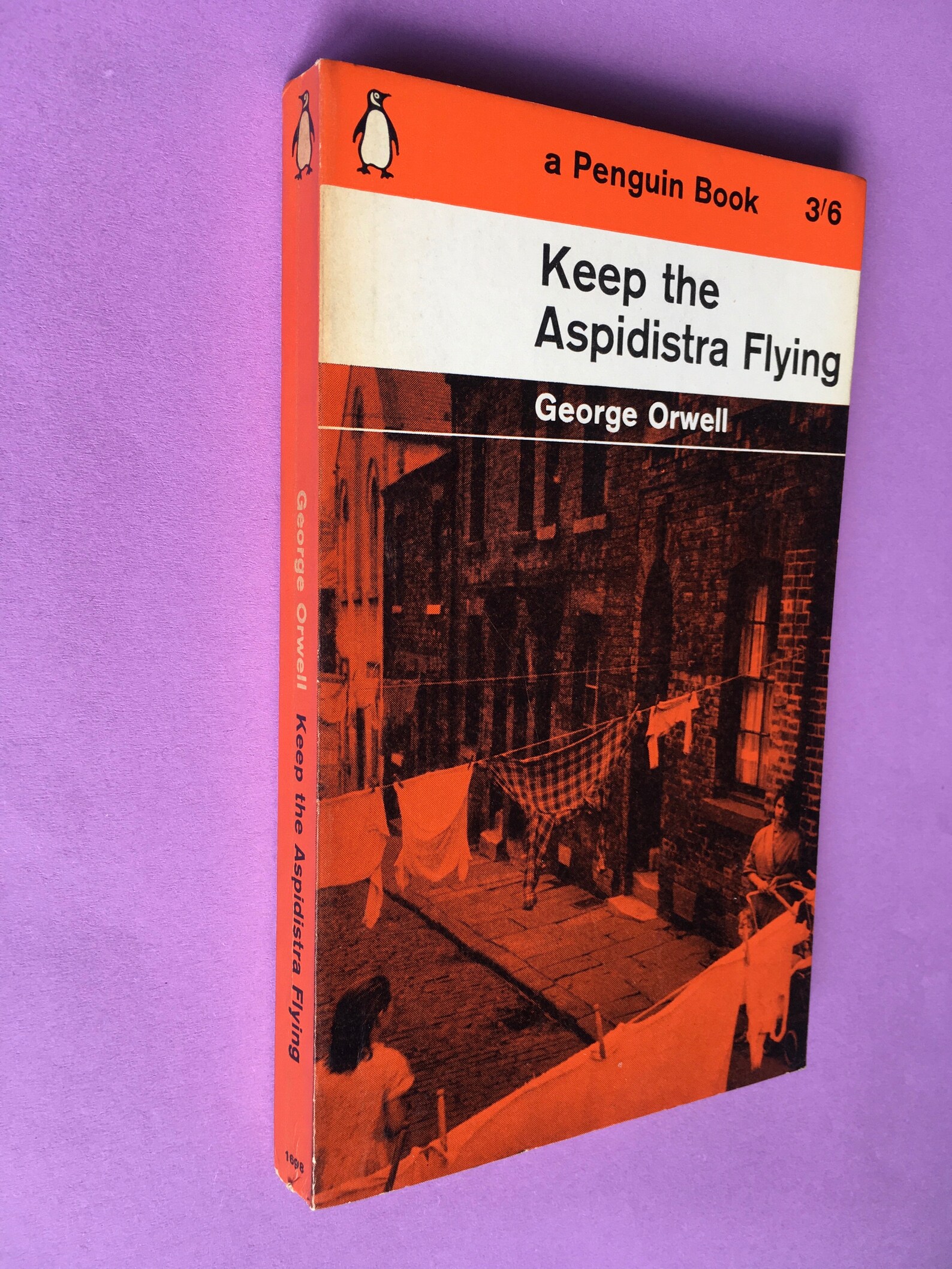

Gordon understands this, and although his actions don’t uphold his values, his philosophy does.Īs far as whether his rejection of the middle class is based upon middle class ideas, I think it’s a little tricky to answer. He accepts himself as a scoundrel and moves back into the “good” world to warn the masses about the social dangers of “P.P.” But then again, how much of a scoundrel can he truly be if he moves back into the really world because he loves Rosemary and his unborn child? Now, although it seems as though it is both a betrayal to his values, and hypocritical, it has to be noted, that one doesn’t have to live along the lines of ones values to believe them. Gordon, it seems, doesn’t have any concerns when he returns about being a saint.

He doesn’t try to morally qualify what he is doing, but he accepts his return and himself not as a “saint” but as a “scoundrel.” This differs from Ravelston’s justifications for capitalizing by using one’s talents and other people, because Ravelston argues that you can do and be good in a corrupt and broken system. He knowingly goes back into the system he disdains, but he has no pretenses about his return, and he doesn’t do it out of necessity. So, Gordon does betray his former values to an extent, but it is crucial to note that he chooses to do so. At the end of the book he not only gets back his job, and gets married, but he also buys a despised aspidistra. Now, to get directly at the question, marriage and the “good job” and the “money-god,” are the things from which Gordon has been running and has decided to oppose in his life. He returns to advertising, even though Rosemary doesn’t force him to, because of his child and a number of realizations about his life. It should be noted that even in poverty Gordon continues to be dominated by the “money-god,” and even his attempts to escape are a failure as well as made evident by the facts that he takes the job in the library (even though it’s certainly not one of the “good job” from which he’s running, among other things), he continues to borrow money from his sister, and he eventually accepts the favors from Ravelston. However, Gordon’s time working in the library and living in poverty, his attempt to “throw away” his life, certainly shouldn’t be cited as the reasons for his return to the world he tried to leave.

In reaccepting his post in advertising at the New Albion, it’s undeniable that Gordon is physically and mentally returning to the materialistic, money dominated world that he so despises.


 0 kommentar(er)
0 kommentar(er)
